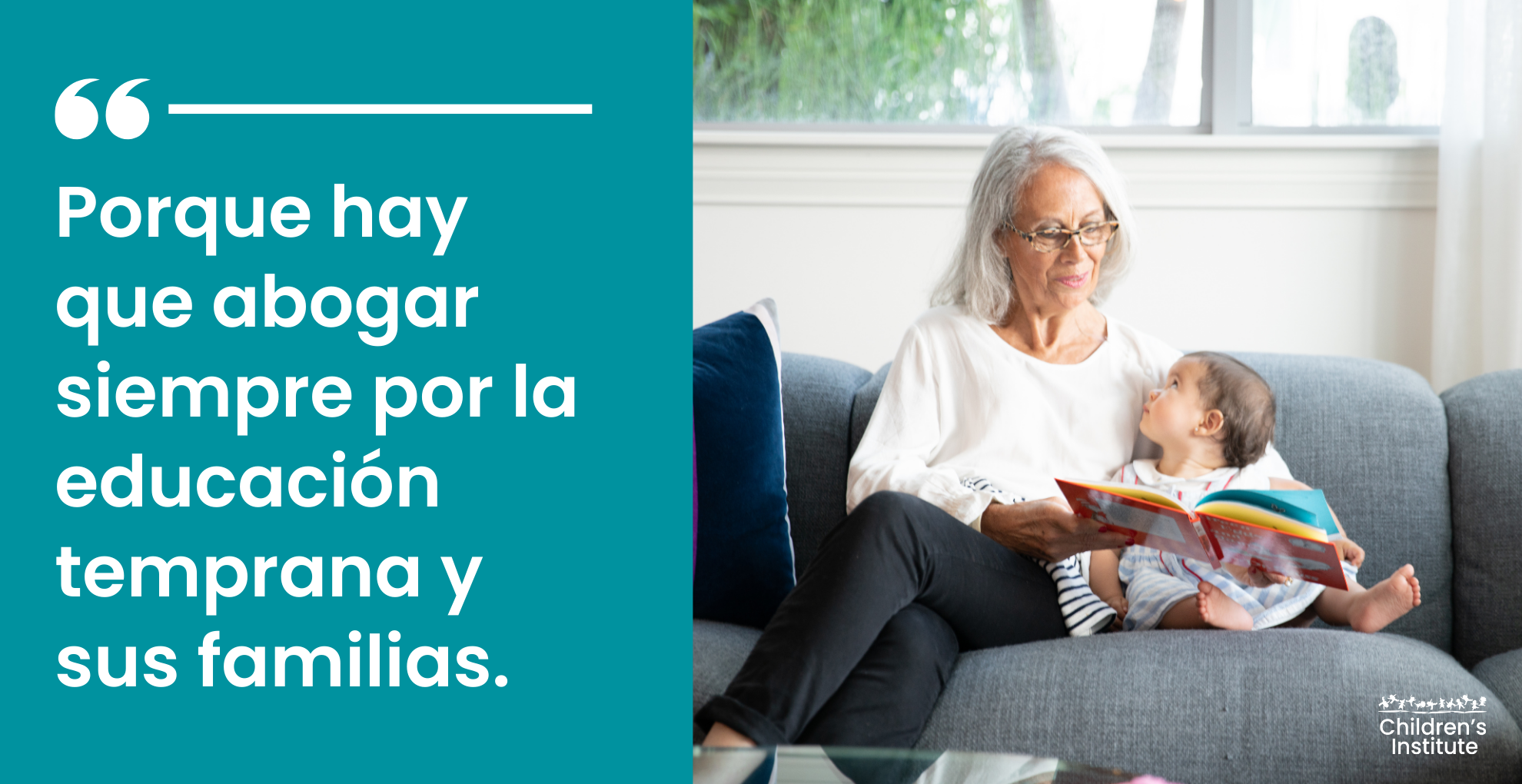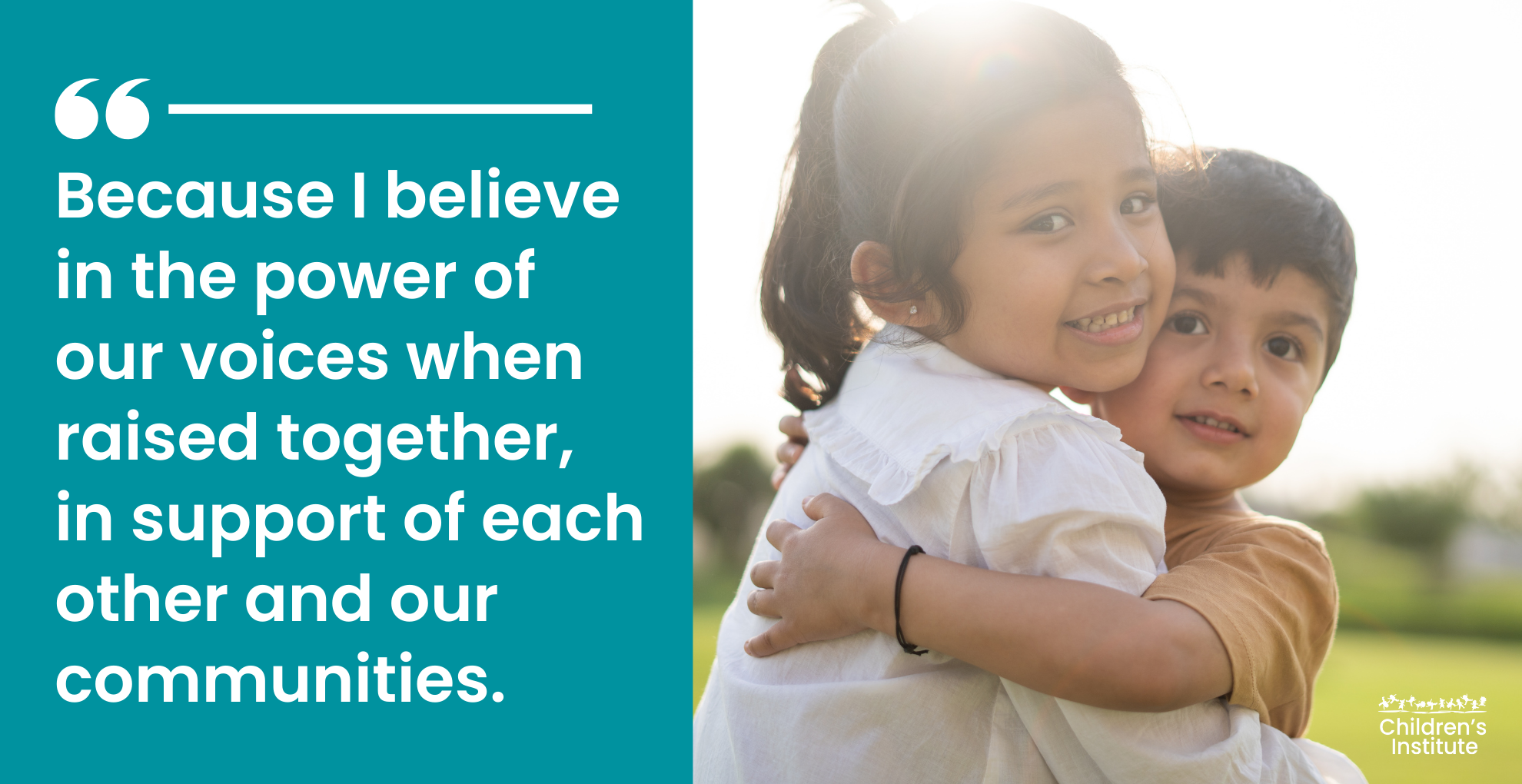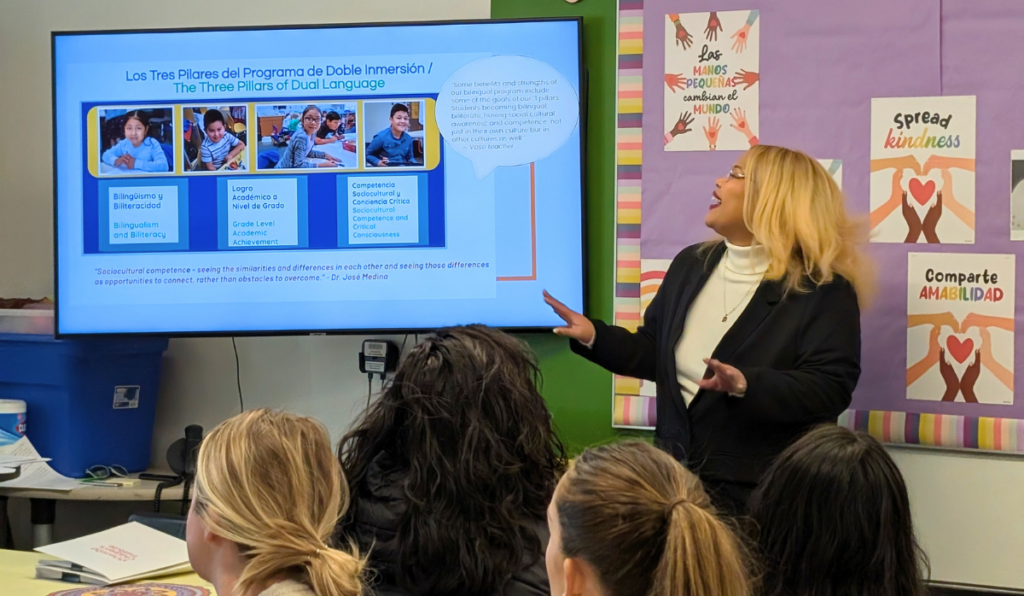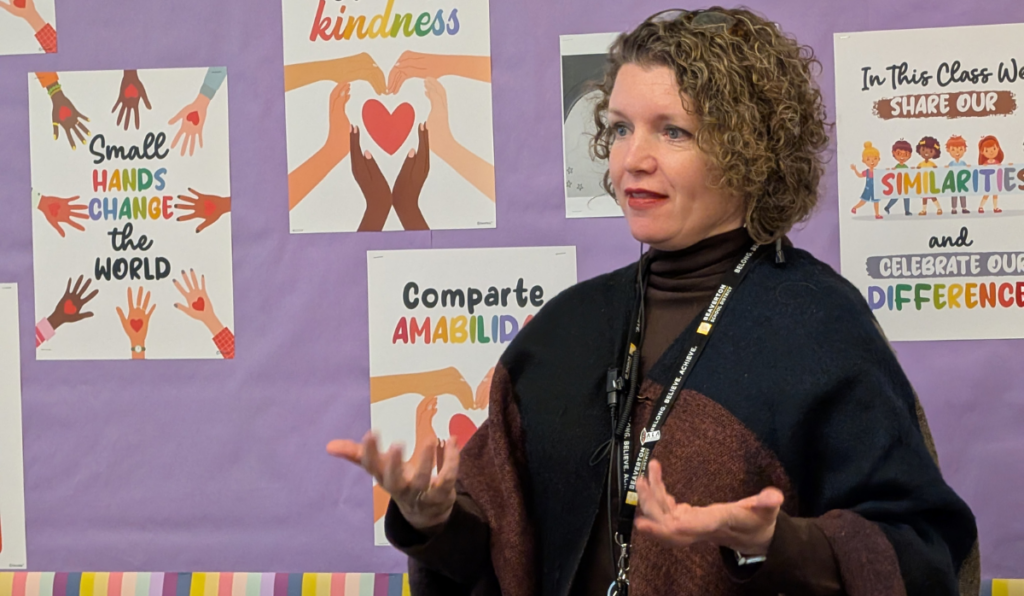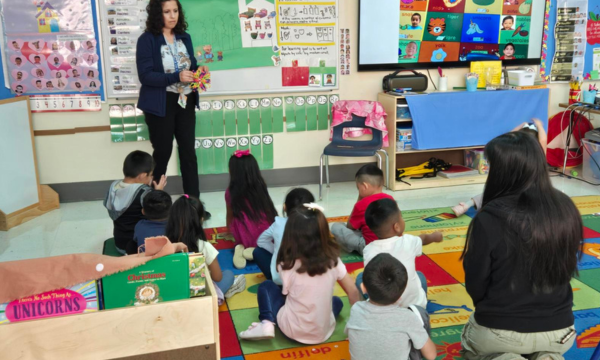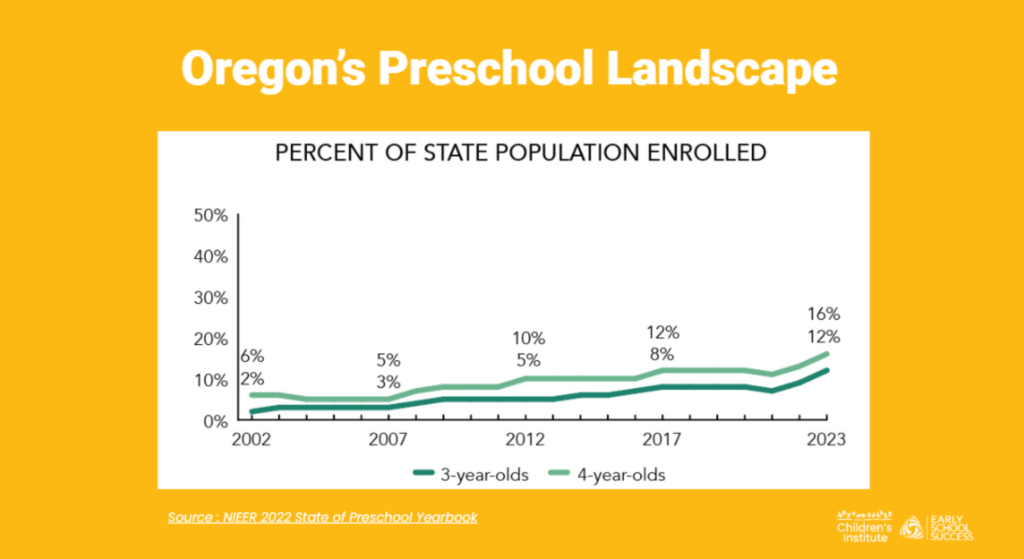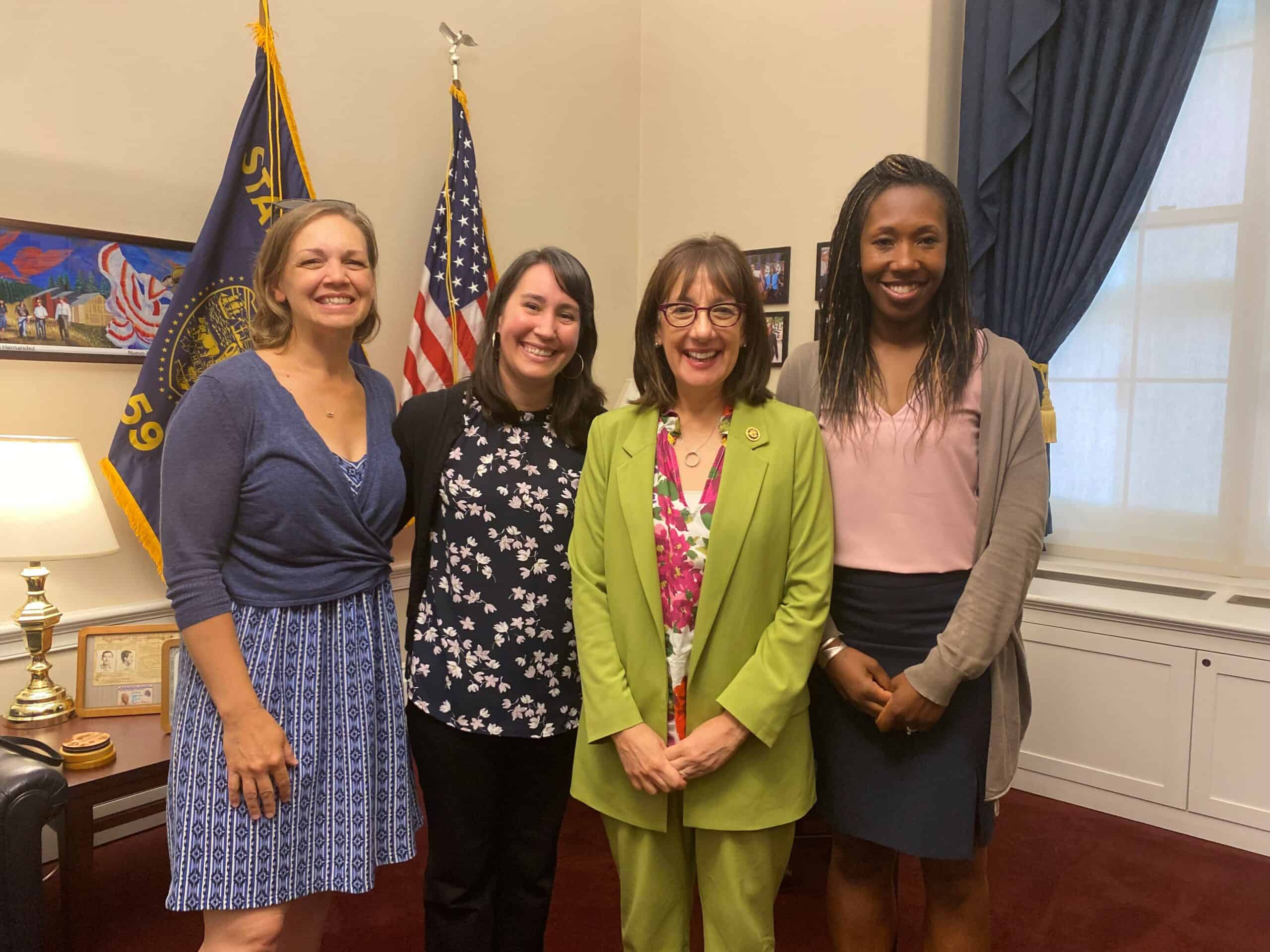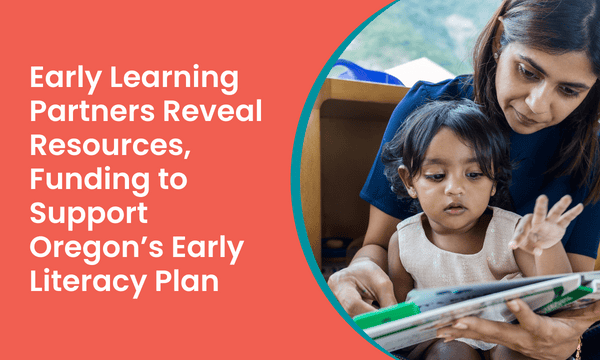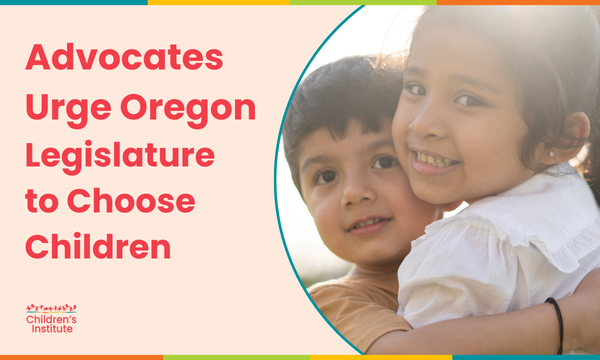
Advocates Urge Oregon Legislators to Choose Children
With Oregon’s 2025 legislative session underway, early childhood advocates continue to show up and speak out—calling on lawmakers to choose children and families in policy and budget decisions.
On May 6, advocates from around the state met with their representatives for Early Childhood Advocacy Day, urging them to prioritize children and support the Early Childhood Coalition’s (ECC) 2025 priorities: high-quality early learning and child care, maternal and child health, and strong supports for families.
To gear up for the big day, advocates gathered for a kickoff event with Children’s Institute’s policy team. We asked them why they advocate for children and families—and their responses spoke volumes:
Their voices are a powerful reminder that behind every policy choice are real people, real lives, and real outcomes.
Legislators responded with genuine support: new faces were eager to champion early childhood issues, and longtime legislative champions reaffirmed their commitment to invest in our youngest Oregonians.
Early Childhood Advocacy Day gave parents, caregivers, educators, and community members a meaningful opportunity to move the conversation—and help ensure Oregon’s children remain at the heart of legislative decision-making.
Progress and Pressure: What’s Still at Stake for Young Children
With just over 6 weeks to go in the 2025 session, some early childhood bills that don’t require new funding are moving forward. One bill, HB 3560, would make it easier to open child care facilities by lifting current zoning restrictions, and is awaiting a vote in the Senate. Another, HB 2682, would establish a state committee to review and recommend updates for how Oregon delivers Early Intervention and Early Childhood Special Education (EI/ECSE) services. This bill is headed to the Governor’s desk to be signed into law.
While we celebrate these successes, the reality is that federal disruptions are creating uncertainty for bills that require new dollars. The latest state budget forecast indicates that Oregon will have $500 million less to spend than previously expected. This means critical state-funded services and programs that support children and families, like Relief Nurseries and Employment Related Day Care, may not receive needed funding, and legislation like Oregon’s Momnibus, is in jeopardy—and puts Oregon children at further risk.
Even in uncertain times, the path forward is clear. Oregon lawmakers are facing tough choices and tighter budgets. As the state weighs its investments, Children’s Institute and the Early Childhood Coalition continue to call on the Legislature to choose children.
Take Action!
In light of the state budget shortfall and anticipated cuts at the federal level, our voices are more critical than ever! Find your Oregon representatives and tell them to choose children and families now.



